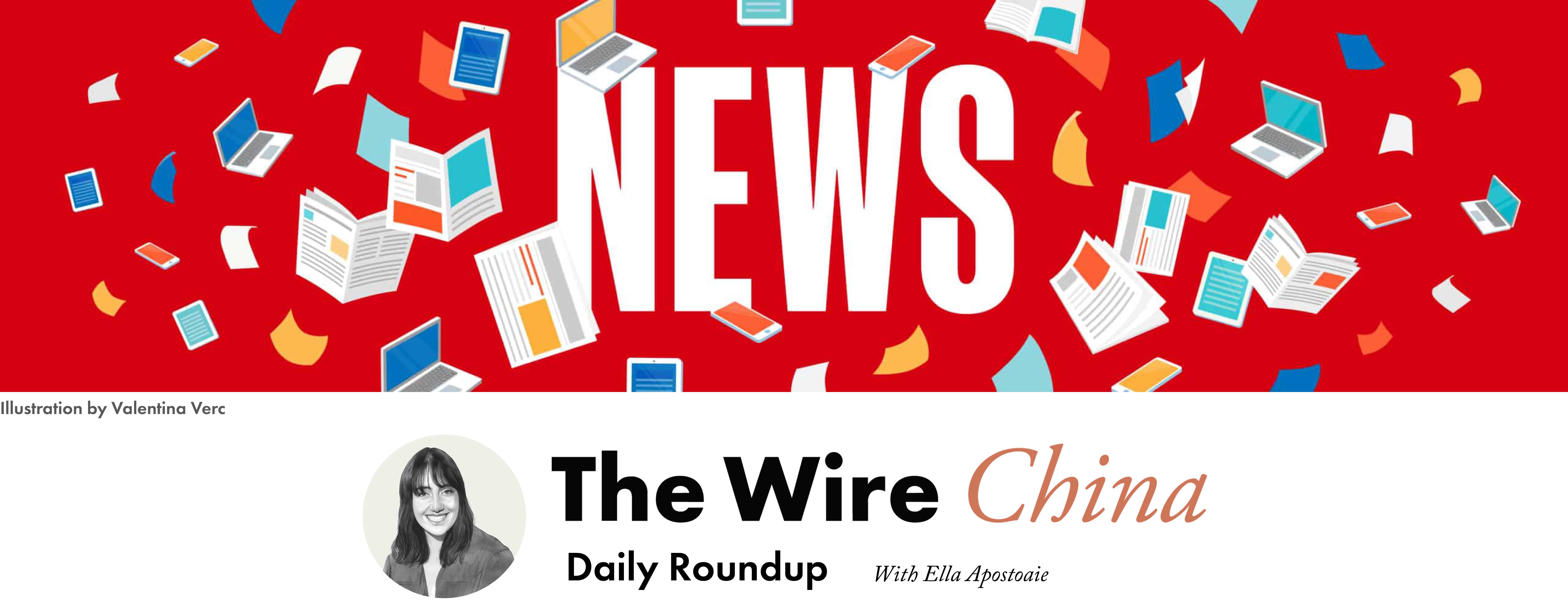The Wall Street Journal
China Leaves Benchmark Lending Rates Unchanged, Defying Expectations — The People’s Bank of China shrugged off expectations for a cut following the Federal Reserve’s outsize rate cut earlier this week.
Why Putin’s Attempt to Rewire Global Trade Is Faltering, in Charts and Maps — Moscow redirected oil sales, but forging new routes for other commodities proves difficult amid high costs and U.S. sanctions.
Mercedes-Benz Cuts Full-Year Outlook — The Germ
Navigate China's Business Landscape with Confidence.
- Gain visibility into supplier risks
- Easily manage trade compliance
- Conduct in-depth due diligence




